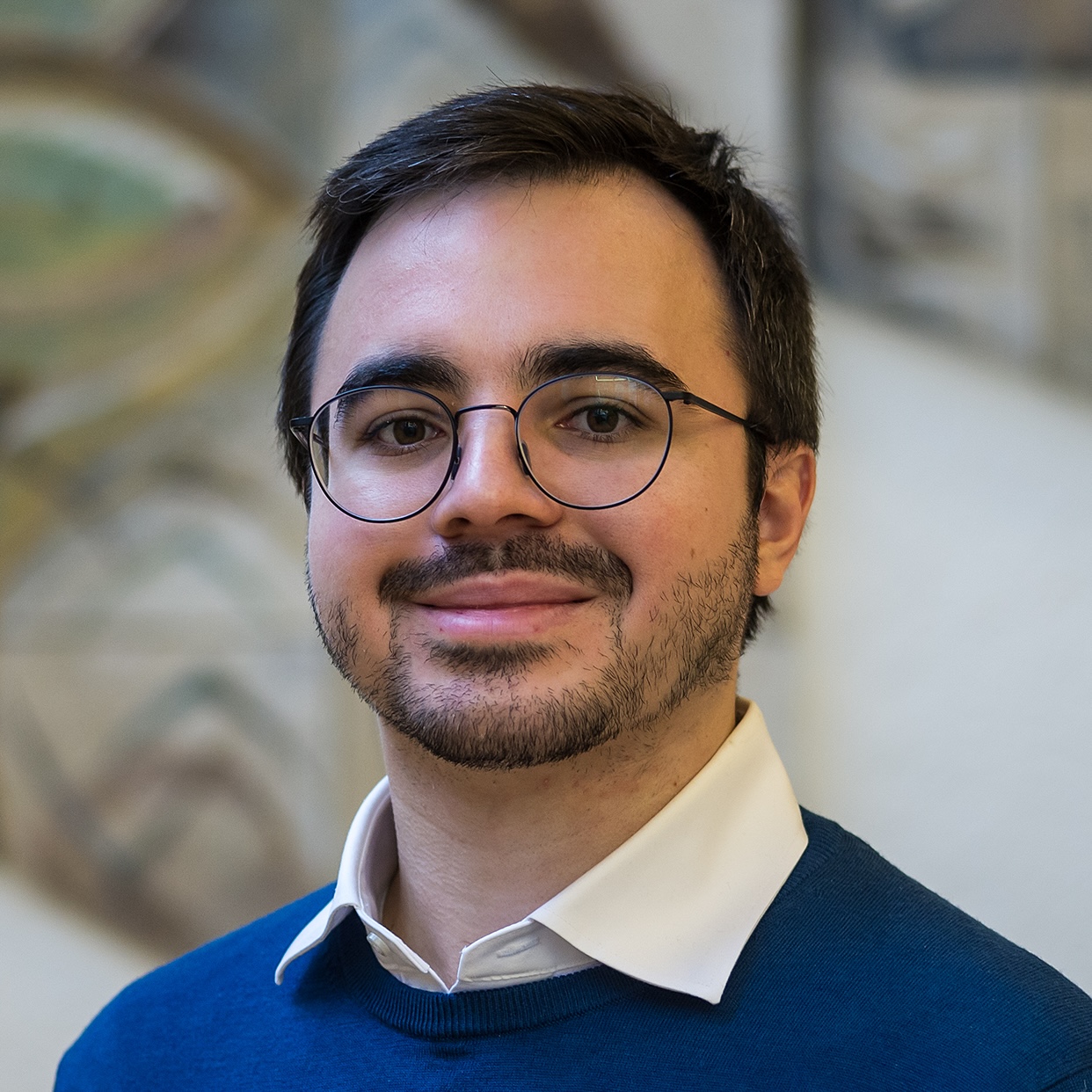Stephan Dietrich
Economics, Assistant Professor, Maastricht University & United Nations University - MERIT
+ info
Economics, Assistant Professor, Maastricht University & United Nations University - MERIT
+ infoStephan researches the use of data in public policy making, focusing on validating existing approaches to measure and utilize data for policy design and implementation. This includes verifying that automated decision-making systems are unbiased and fair, and ensuring that food security assessments based on national statistics are accurate. His work also explores new approaches to measure phenomena relevant to policy design and assessment, such as using subjective well-being data to measure global warming damages and applying social sensing tools for remote polling of preferences and opinions. He is particularly interested in applications involving food prices and insurance mechanisms in food insecure regions, targeting of social policies, and taxation. As an academic lecturer, Stephan teaches courses at the Master's and PhD level, including introductory data science and machine learning for public policy.

Economics, Postdoctoral researcher, Wageningen University & Research
+ infoMichelle is a postdoctoral researcher at Wageningen University's Economic Research Institute, specializing in complex socioeconomic systems and human capital investment. She employs econometric, algorithmic, and experimental methods to study how people interact in and with unequal systems, technology, and education. Her research is primarily driven by informing the design and implementation of public policies. Michelle co-organizes the EAAMO-Bridges Summer of Science program for indigenous women in Latin America and has consulted for the World Bank, International Labour Organization, and Maastricht University. Her research interests include causal inference econometrics, machine learning for social good, social network analysis, and economic development.

With over two decades of professional experience, I am at the helm of Center For Advanced Analytics, committed to innovating in the field of data science. My core competencies lie in developing analytical models and leveraging the power of machine learning to drive strategic decisions. At Center For Advanced Analytics, my mission is to merge the rigorous discipline of mathematics with cutting-edge analytics to provide unique insights, aligning with the organization’s dedication to excellence and transformative impact. Since my appointment as Director at ESAN Graduate School of Business, I have directed both the Data and Analytics Diploma and the Data Science Undergraduate Program, fostering the next generation of analytics experts. My role involves guest lecturing at Maastricht University, where I apply practical knowledge of tidyverse and MLflow tools to instill machine learning competencies for public policy applications. This recent experience reflects my ability to navigate the academic and business landscapes, equipping students and professionals alike with the skills to excel in the analytics domain.

I am an Assistant Professor in the School of Industrial and Systems Engineering at Georgia Tech and a recipient of the NSF CAREER Award. My research and my students have also been supported by NSF Award IIS-2504990, a Structural Democracy Fellowship from Moon Duchin’s MGGG lab, an internal IPAT grant, and internal BBISS Sustainability Next Seed grant, and an internal ARC-ACO Student Fellowship. My research lies at the intersection of Computer Science, Operations Research, and Economics. I use tools from learning theory, game theory, and optimization to address technical and societal challenges arising from the rise of AI, ML, and data-driven decision making.

He began his official affiliation with the UNU Maastricht Economic and Social Research and Training Institute on Innovation and Technology (UNU-MERIT) in 1996 as a Professorial Fellow. He studied at Queen's University in Canada and at Stanford University where he received a Ph.D. in economics and an M.A. in philosophy. Robin Cowan was Assistant Professor of Economics at the University of Western Ontario until 1998. His current research has includes several topics: the changing economics of knowledge; social networks and innovation; network structure and network performance; dynamics of consumption and social status; interacting agents models. In the past he has done consulting research for the OECD on the economics of standards, the European Commission on innovation policy, and the National Renewable Energy Laboratory on technological lock-in and renewable energy technologies. In 2004 he won one of 15 prestigious Chaires d'Excellence of the Ministry of research and Education in France. Robin Cowan is also an adjunct professor at the Economics Department at the University of Waterloo, Ontario, Canada.

Lucas holds a Bachelor’s degree in Media Technology from the Düsseldorf University of Applied Sciences and completed a Master’s in Public Policy and Human Development at UNU-MERIT in 2024, specializing in social protection policies. His thesis explored the relationship between agricultural expansion and real estate tax revenues in Paraguay.